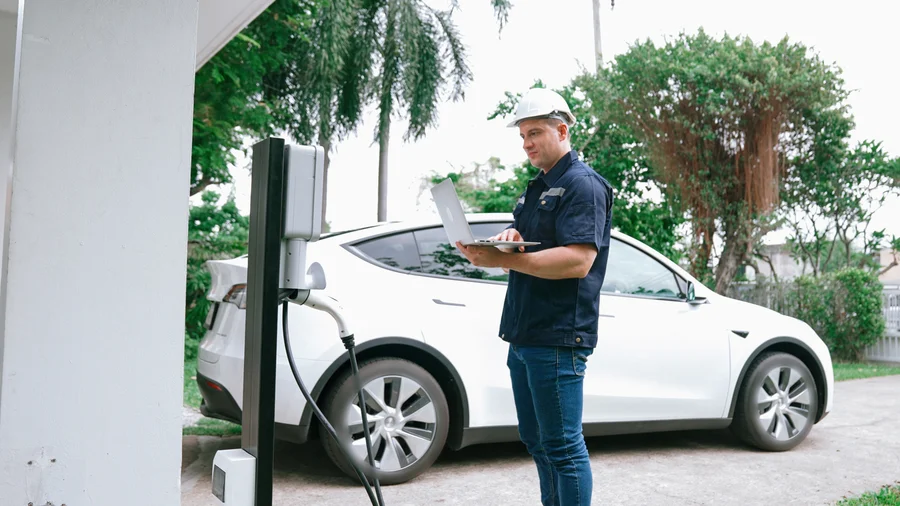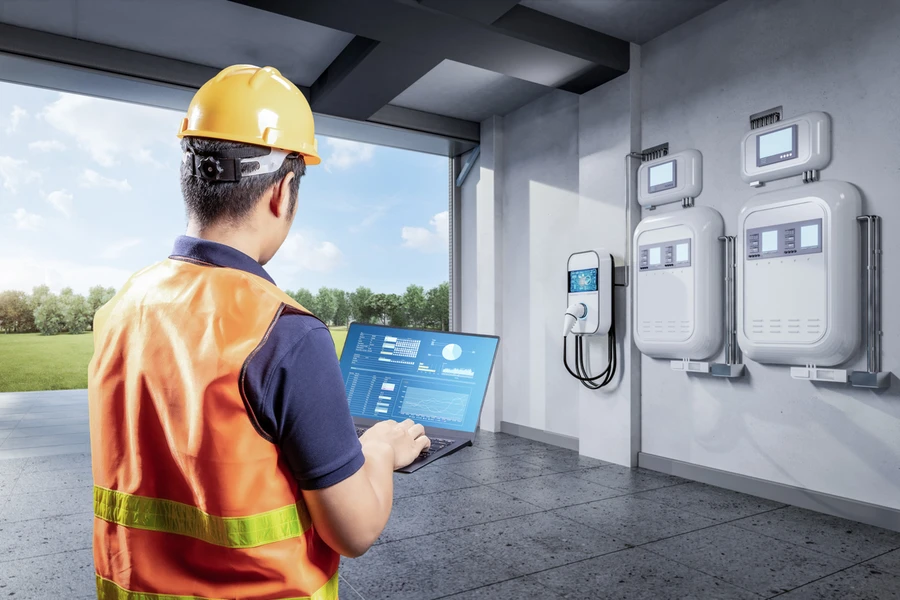Key Insights Into Setting up Electric Vehicle Charging at Home
Charging your electric vehicle (EV) at home offers great convenience and cost savings. However, understanding the electrical requirements is vital to ensure safe and efficient charging. This guide explores crucial aspects such as electrical capacity, safety standards, and installation tips to make your home charging experience smooth and reliable.

Determining Your Home’s Electrical Capacity
Your home’s electrical capacity plays a crucial role in supporting an EV charger installation. Before proceeding, check if your existing electrical panel can handle additional load. Most homes require a 240-volt outlet for level 2 chargers. Consulting with a qualified electrician helps assess your current capacity and whether any upgrades are necessary.
The Role of Circuit Breakers
Circuit breakers protect your home from electrical overloads. When considering EV charger installation, each charger needs its own dedicated circuit breaker. The size of the breaker depends on the charger’s power rating. A professional electrician can help determine the appropriate circuit breaker size based on your specific EV charging needs.

Understanding Electrical Safety Standards
Safety should be a top priority when setting up home EV charging. National Electrical Code (NEC) guidelines dictate the safe installation of electrical components, including EV chargers. Ensuring that your setup complies with these standards minimizes risks such as electrical fires or shocks. Hiring a certified electrician ensures that all installations meet these important safety benchmarks.
Importance of Grounding Systems
A proper grounding system protects both you and your equipment during a fault condition. For effective home EV charging, grounding systems should be checked and upgraded if necessary. Correct grounding diverts excess electricity safely into the ground, preventing damage and enhancing overall safety.
Choosing the Right Charger Type
EV chargers come in different types and power levels. Level 1 chargers use standard household outlets but charge slowly. Level 2 chargers require a special outlet and charge faster. Decide based on your daily driving range needs and available time for charging. A higher-powered charger may be more suitable for frequent long-distance drivers.
Installation Costs and Considerations
Installing an EV charger involves several costs, including purchasing the charger, hiring an electrician, and possibly upgrading your electrical panel. While upfront expenses can be significant, consider potential tax credits and rebates that may offset costs. Evaluate long-term savings on fuel expenses to justify initial investments.
- Assess home’s electrical capacity before installing a charger
- Ensure compliance with NEC safety standards
- Select the right charger type for your needs
- Consider grounding systems for enhanced safety
- Understand potential costs and financial incentives
Final Thoughts on Home EV Charging Setup
If you’re ready to enhance your home charging capabilities, contact us today at (978) 846-3241. Our team at Michael VanWormer Electric is dedicated to providing comprehensive solutions tailored to your needs. Based in Acton, MA, we specialize in ensuring your home is well-equipped to support your electric vehicle charging requirements efficiently and safely.
